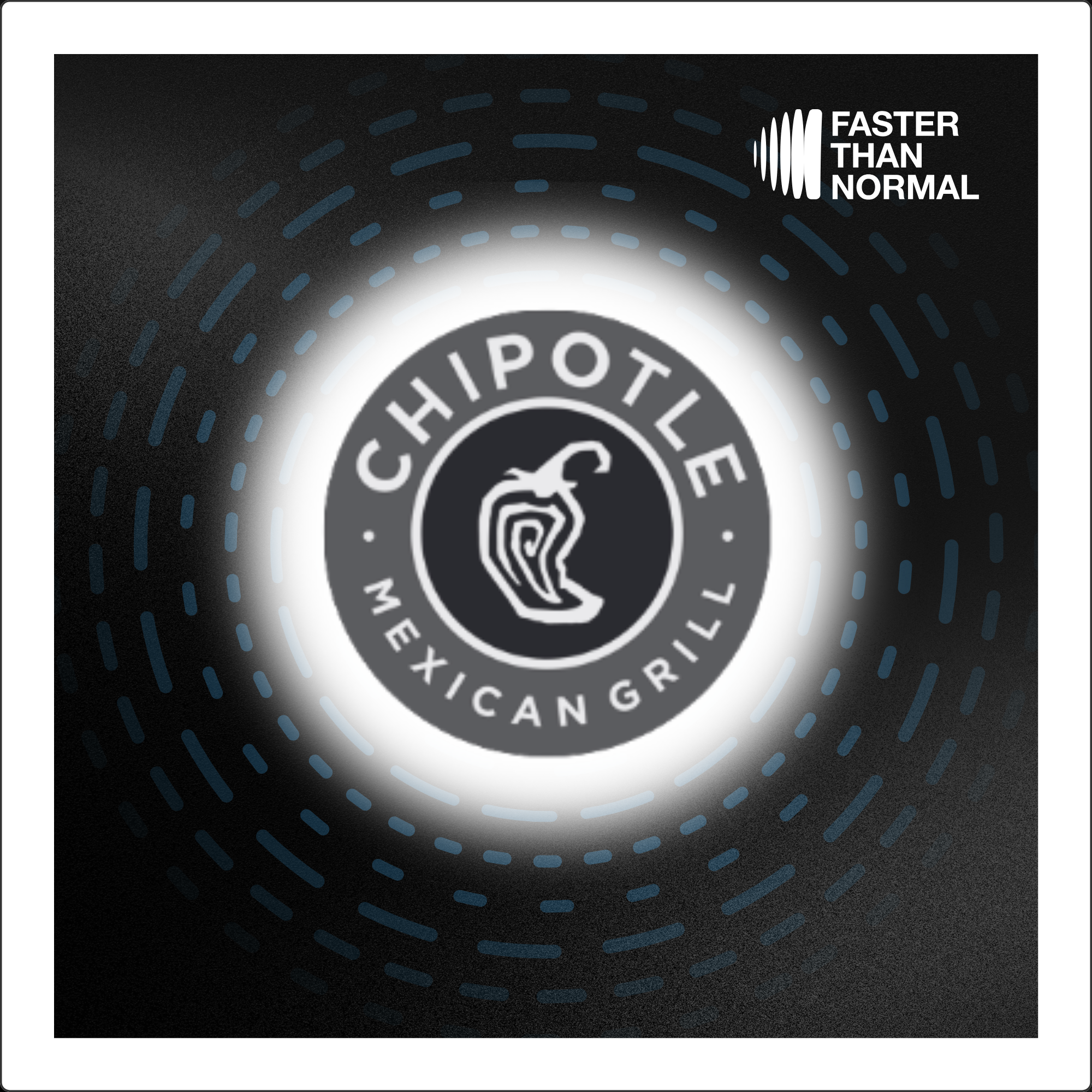deel.
.png)
Deel
Deel's story is one of rapid ascent. But it didn't start that way.
In 2019, Alex Bouaziz and Shuo Wang were two international students grappling with the complexities of global hiring. They'd experienced firsthand the frustrations of working across borders. Paperwork. Compliance issues. Payment headaches.

"We saw how unfair it was that people born on one side of the world couldn't easily work for companies elsewhere," Bouaziz recalled.
Their solution? Deel. A platform to simplify international hiring and payments.
The early days were tough. Investors were skeptical. The market was unproven. Bouaziz and Wang bootstrapped, working long hours to build their product.
"We were living on ramen and working out of my apartment," Wang said. "But we believed in the vision."
Their breakthrough came when they shifted focus. Instead of targeting freelancers, they approached companies directly. It worked. Deel started gaining traction.
Then came Y Combinator. The accelerator provided $150,000 in seed funding and invaluable mentorship. Deel was off to the races.
But the real test was yet to come. As Deel grew, so did the complexity of their operations. They were now handling payroll and compliance for thousands of workers across dozens of countries. The regulatory landscape was a minefield.
"There were moments when it felt overwhelming," Bouaziz admitted. "But we knew we were solving a real problem."
Deel's team doubled down. They invested heavily in legal expertise and local partnerships. They built robust compliance systems. Slowly but surely, they navigated the regulatory maze.
The pandemic proved to be an unexpected catalyst. As remote work exploded, so did demand for Deel's services. Revenue skyrocketed.
"We went from $1M to $100M ARR in just 20 months," Wang said. "It was surreal."

Investors took notice. Deel raised over $600M in rapid succession, reaching a $12B valuation by 2022.
But Deel wasn't content to rest on its laurels. They expanded their product suite, moving beyond contractor management to offer full-stack HR solutions. They acquired companies to bolster their capabilities. They pushed into new markets.
"Our goal is to make running a global business as simple as running a local one," Bouaziz explained.
Today, Deel serves over 25,000 customers across 150+ countries. They've processed over $10B in payments. And they've done it all in just five years.
But perhaps most impressively, they've achieved profitability - a rarity among high-growth startups.
"We've always focused on building a sustainable business," Wang said. "Growth is great, but it needs to be paired with sound economics."

Deel's rise hasn't been without challenges. They've faced increased scrutiny as they've grown. Competitors have emerged. The regulatory landscape continues to evolve.
But Bouaziz and Wang remain focused on their mission.
"We're just getting started," Bouaziz said. "There's still so much to do in making global work accessible to everyone."
Deel's story is far from over. But in just five years, they've gone from a scrappy startup to a global powerhouse. Not bad for two former international students with a big idea.
Lessons
Lesson 1: Use intent-based outreach. Deel doesn't just cold call or email. They track user behavior on their website and use it to personalize their outreach. When someone visits their "Hire in Canada" page, for example, they immediately reach out with tailored messaging. This approach has generated 33% more pipeline revenue. Smart targeting beats blind outreach every time.
Lesson 2: Hire managers who can do the work. Deel believes managers should be able to do the jobs of their team members. Bouaziz insists, "If you can't put your hands in the mud, you're probably not the right person to lead that team." This approach ensures managers truly understand the challenges their teams face and can provide meaningful support. It's not about micromanagement - it's about empathy and capability.
Lesson 3: Make speed a core value. Deel's growth is partly due to their obsession with speed. They even have a core value called "Deel Speed." Bouaziz explains, "We ship fast. We communicate fast. We respond to support tickets fast. We grow fast." This focus on speed permeates every aspect of their culture and operations. It's not just about moving quickly - it's about making speed a fundamental part of who you are as a company.
Lesson 4: Timing matters more than you think. Deel launched just before the pandemic hit, which accelerated remote work trends. They were perfectly positioned to capitalize on this shift. But they didn't just get lucky - they were ready. Shuo Wang notes, "We went from $1M to $100M ARR in just 20 months." Sometimes, being in the right place at the right time is half the battle. But you have to be prepared to seize the opportunity.
Lesson 5: Don't shy away from complex problems. Many companies avoid dealing with the complexities of international hiring and compliance. Deel saw this as an opportunity. By tackling these hard problems head-on, they've created a moat that's hard for competitors to cross.
.png)









.png)

.png)
.png)
.png)
.png)


.png)
.png)























.png)




.png)


.png)






.png)

.png)


.png)